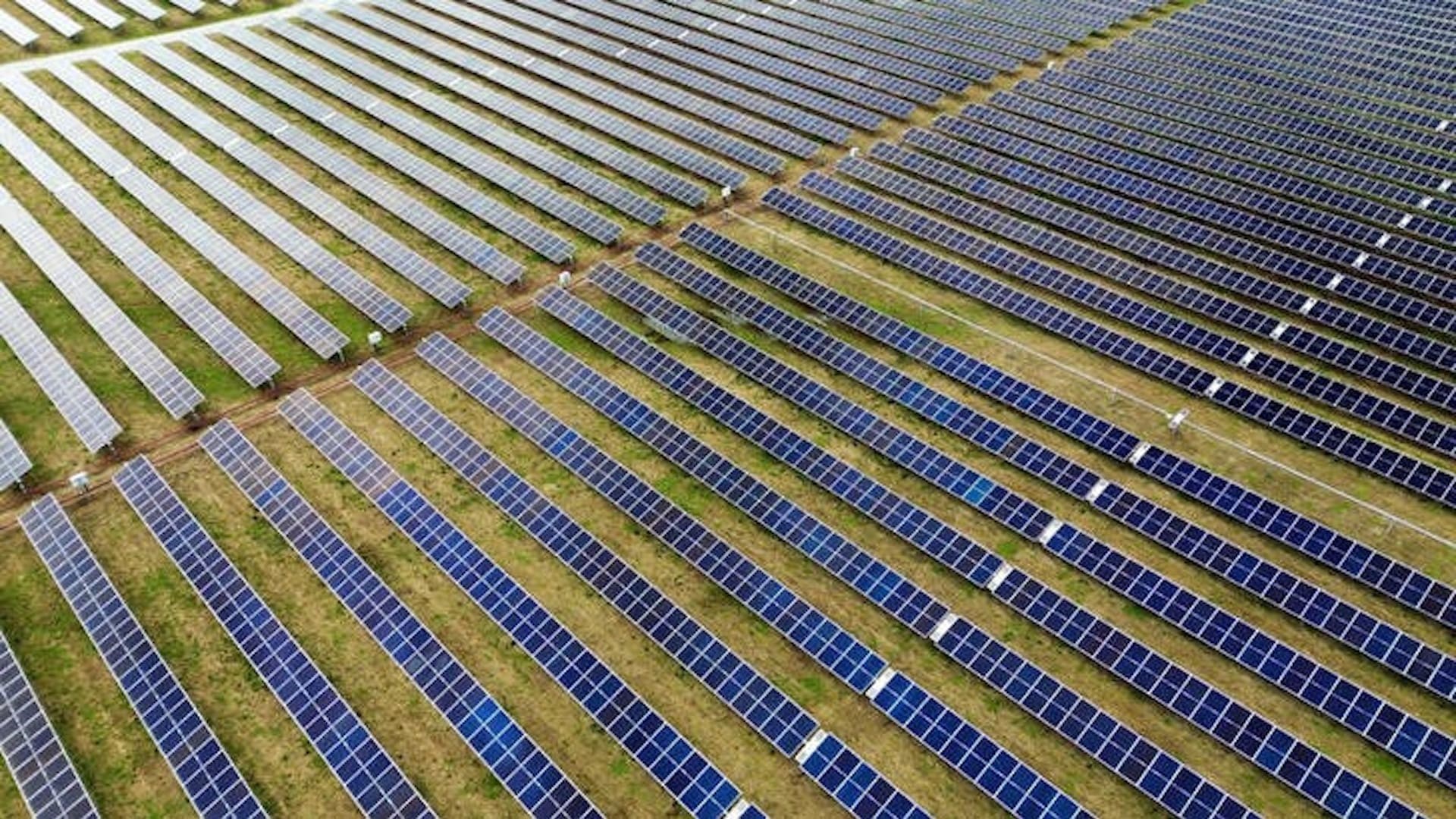Biden administration accelerates solar-energy development plan on federal lands
Biden administration accelerates solar-energy development plan on federal lands
The plan identified 31 million acres best suited for solar development in Arizona, California, Colorado, Nevada, New Mexico, Utah, Idaho, Montana, Oregon, Washington State, and Wyoming.
BY Reuters
U.S. President Joe Biden‘s administration said on Thursday it had finalized a plan to expand solar energy on federal lands in 11 Western states, part of a broader push to speed the permitting and construction of big infrastructure projects.
The White House wants to accelerate approval of projects ranging from power transmission to wind and solar farms as it seeks to decarbonize the power sector to fight climate change, and is eager to tout its “Investing in America” agenda ahead of the November presidential election.
“We’ve been really pushing ourselves to use our executive authority wherever possible to improve the federal-permitting process,” White House Deputy Chief of Staff Natalie Quillian said in an interview.
The U.S. Bureau of Land Management’s plan identified 31 million acres (12.5 million hectares) best suited for solar development in Arizona, California, Colorado, Nevada, New Mexico, Utah, Idaho, Montana, Oregon, Washington State, and Wyoming.
The lands identified have high solar potential and low conflicts with wildlife and plant habitats, giving projects proposed in these locations a jumpstart on permitting.
The White House also said the Environmental Protection Agency (EPA) had conditionally approved a rule creating emissions-reduction credits for companies in Maricopa County, Arizona, to transition vehicle fleets to cleaner alternatives. Those credits can be sold to the owners of planned semiconductor factories in the region to offset air emissions and help the area comply with federal air-quality standards, the White House said.
The EPA is tasked with approving state plans to reduce pollution in areas like Maricopa County, home to Arizona’s capital of Phoenix, because it has elevated ozone emissions.
The county has attracted an influx of investment in chip manufacturing from companies like Intel and Taiwan’s TSMC tied to federal incentives, and the new credits will help those facilities get up and running, the White House said.
The administration said the plan will add to gains it has already made in speeding environmental permitting, which it said had so far shaved six months from the median time required to complete a review.
It added that U.S. agencies had permitted more projects than the administration of former President Donald Trump, who is challenging Vice President Kamala Harris in the presidential election.
—Nichola Groom, Reuters
(3)



